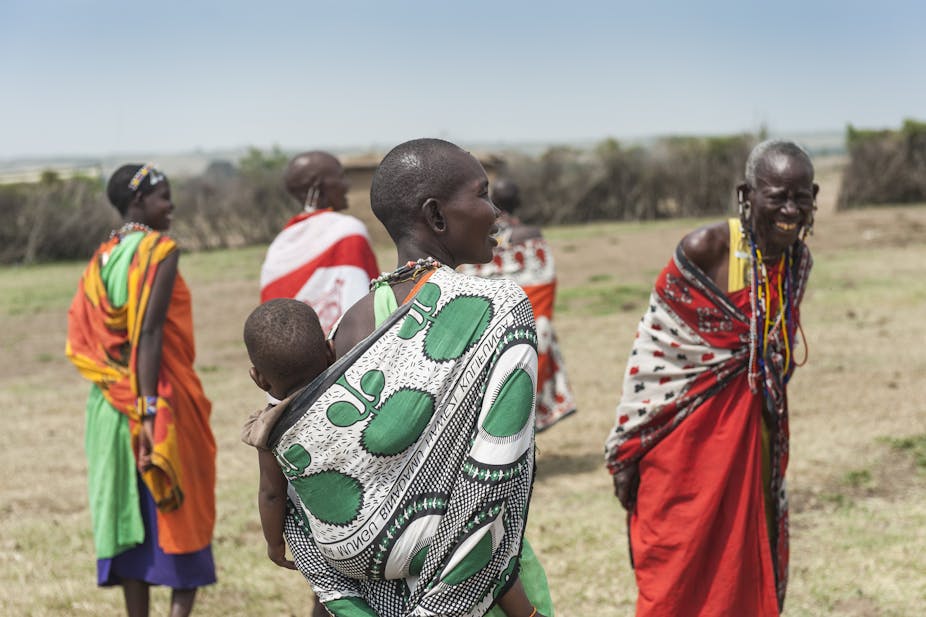Reflecting on oral testimonies by ordinary Kenyan women during the constitutional review process in Kenya between 2001 and 2005 and seeing the influence it has had on the new constitution is a good example of what can come from using both female and male experiences in shaping our world.
Often, women have spoken but they have not been heard.
African women have had to explain themselves to a world that does not seem to understand them. Women have talked themselves hoarse, explaining the problem: how culture, traditions, stereotyping, economic status, women status, and how the nature of institutions affect their positions in society. They have lived in the shadows. They have been looking at a world to which they are invisible and often one which is incomprehensible for them.
My research was guided by theoretical perspectives of For the Record: The Making and Meaning of Feminist Knowledge, which argues that if we want to understand what women’s lives, experiences and challenges are, we must begin with them. They know.
The research analysed women’s personal narratives documented during the collection of views from people about the Kenya constitution.
Finding the voices, hearing the stories
Women theorise less and speak with particular examples. In many cases when women spoke to commissioners in the review process they told their own stories, their struggles of daily lives to feed and clothe their children. They spoke from their experiences or from experiences of other women and other members of society.
I chose a number of personal stories from women of different ages and from different communities and ethnic backgrounds.
They would often start their presentation like this:
“Me, this is what I want to say: we have many problems in this area. Food is difficult to get. We have no water, our children have no clothes, they are not going to school, and we have no school fees. Like me, I have five children; I just work on land and if it rains, we get food; if it does not rain, we don’t get food. This mountain here, you can see it, it keeps away the rain. Women need to be assisted.”
The women at times requested to be heard in their women only groups. They wanted to express their views about their personal lives, their experiences, particularly about what happens within marriage and in the homes.
I chose to listen to their voices about marriage because, according to common wisdom, marriage is the desired status for African women. Women shared their stories about marriage, polygamy and the status of a wife, among others. They challenged society’s sacred presentation of marriage as an institution. They challenged contemporary and traditional images of the beautiful African marriage where, it is claimed, you are protected.
Women said they saw the institution of marriage as a hindrance to the progress of the girls, their daughters. They wanted them educated and to be able to take care of themselves. Men, on the other hand, saw their girls as a source of wealth.
Akinyi is a young woman who considered herself an old woman at the age of 24, married with three children and in a polygamous home.
Her ambitions, except those of looking after the children, were over. She lived in the shadows, her dreams no longer real and her hopes and aspirations transferred to her children. She had become her mother. She said:
I am 24 years old. I want the constitution to protect old women like me. You see, when I got married, he was very good to me. He would come home every day with something for our child and me. Sometimes, he would bring half a kilo of meat or fish. Now he does not sleep in my house. He says I smell, I am dirty, I don’t cook well and that I have grown old. I have four children now, the oldest one is now eight years, and the youngest is one year old. I don’t have anyone to help me with the children when I go working in the garden, or fetching firewood. I have to go looking for food every day.
Women also spoke about female genital mutilation. Monicah Makuti of the Sengwer Community Centre in the Rift Valley told us:
We no longer want female genital mutilation. In our community, when a girl is circumcised, the father says he has now gotten wealth and starts to count cows or pieces of land. But when a man is born, they say he now has land and wealth. So I say we stop female genital mutilation completely. Because as soon as a girl from Sengwer is circumcised, she is forced to get married. The father wants cows and the girl is forced to go to another man’s house. And even if the girl is married and her husband brings cows, they come back at night to steal those cows. What good will that do?“
Gains at the National Constitutional Conference
Women’s rights did make some gains at the Bomas, as the constitutional review process came to be called.
These gains would later be safeguarded throughout the rest of the Constitutional Review Process, a struggle which was to take the next six years. Kenya’s constitution banishes gender discrimination in all spheres of life, including the social, economic, cultural and political arenas.
In 2010 as we were about to harvest the fruits of our work at Bomas there was one major gain we eventually lost. This was the 30% women’s representation in the National Assembly. Instead, we harvested the special seats, one from each county, which added up to about 13%. Nevertheless, we harvested close to 27% senate representation and 30% in county assemblies.

